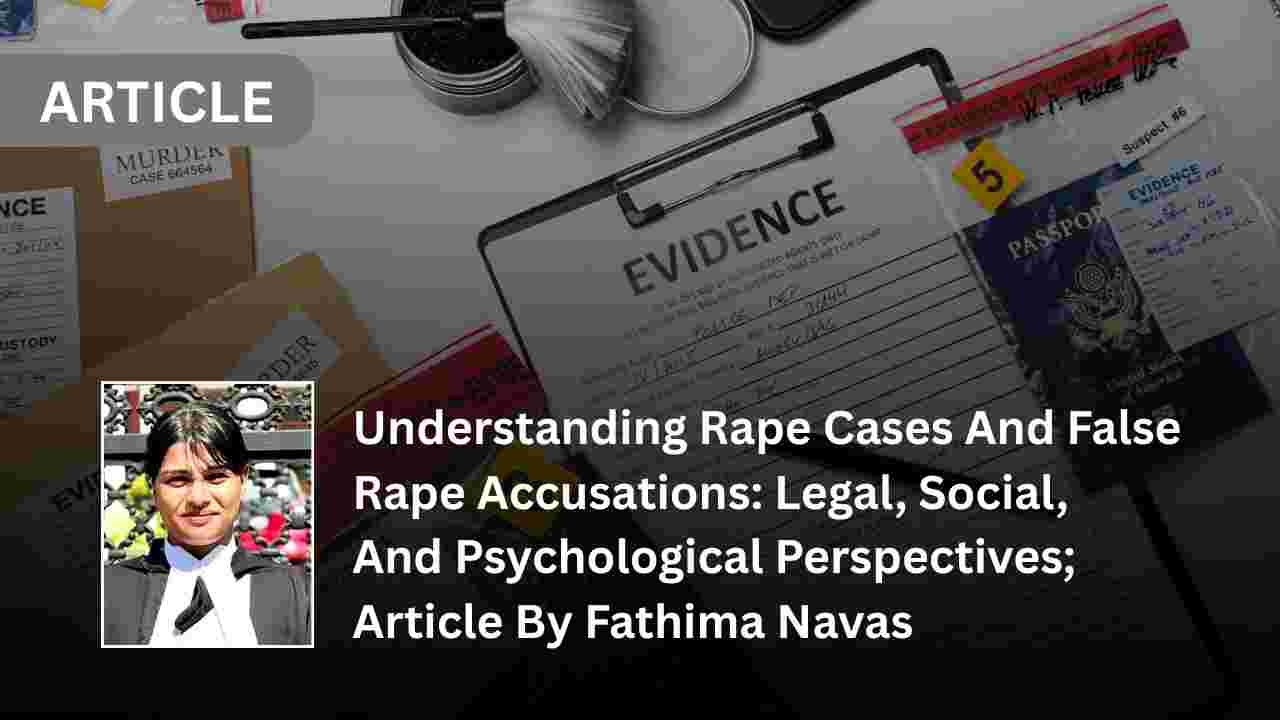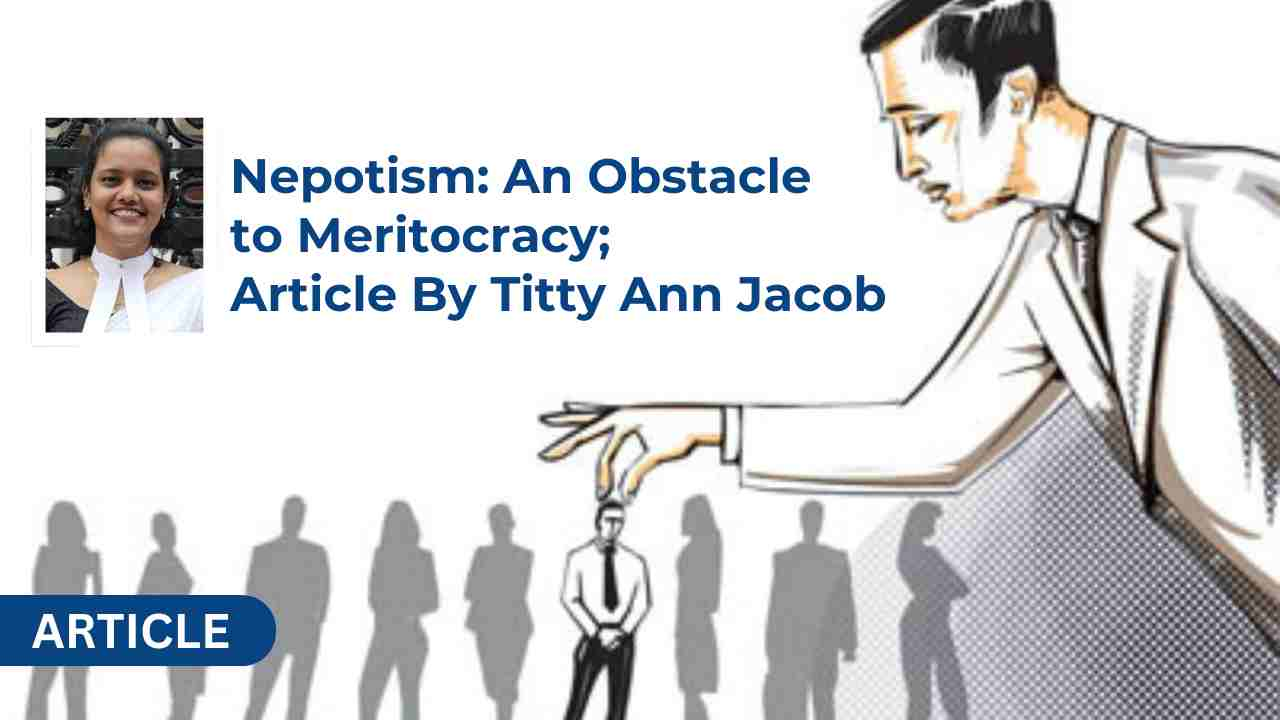INTRODUCTION
Rape is a heinous crime that violates the physical and psychological well-being of individuals, leaving lasting consequences on the victim. However, there are also cases where false accusations of rape can arise, leading to complex legal and societal dilemmas. This article aims to explore both sides of the issue – genuine rape cases and false rape accusations – and their implications on the justice system, societal attitudes, and the lives of those involved.
THE LEGAL DEFINITION OF RAPE
Rape is legally defined as non-consensual sexual intercourse, typically involving force, manipulation, or threats. The exact definition varies by jurisdiction, but the key element is the absence of consent. Laws around the world are designed to protect individuals from this violent act, and a successful conviction requires proof beyond a reasonable doubt that the act occurred without consent.
RAPE CASES: CHALLENGES IN PROSECUTION
In many instances, rape cases face significant challenges. Victims may be reluctant to come forward due to fear of not being believed, trauma, or societal stigma. The legal system often places a heavy burden of proof on the victim, making it difficult to secure convictions. The lack of physical evidence, or the presence of contradictory witness testimony, can further complicate matters.
THE PSYCHOLOGICAL IMPACT OF RAPE
The psychological impact of rape can be profound and long-lasting, affecting survivors in a variety of ways. These effects can manifest immediately after the trauma, as well as persist over time. For the survivor, the psychological toll of rape can be profound. Victims often experience anxiety, depression, post-traumatic stress disorder (PTSD), and a range of other mental health issues. The trauma may affect every aspect of their lives, from relationships to career opportunities. It is critical that survivors are provided with adequate emotional and psychological support throughout the legal process and beyond.
FALSE RAPE ACCUSATIONS: A DELICATE ISSUE
On the other hand, false rape accusations, while rare, can have severe consequences for the person falsely accused. Such cases often bring forward a complex issue of fairness and justice. False accusations can destroy reputations, harm careers, and cause emotional distress for those wrongly implicated.
THE PREVALENCE OF FALSE ACCUSATIONS
Research consistently shows that false rape accusations make up a small percentage of all reported cases estimates often suggest that between 2% to 8% of rape claims are false. These figures reflect the difficulty in both proving and disproving the veracity of such serious allegations. However, the relatively low incidence of false accusations does not diminish the importance of addressing them properly when they arise.
LEGAL SAFEGUARDS AND DUE PROCESS
The legal system in many countries strives to balance the protection of victims with the rights of the accused. False accusations should not overshadow the importance of holding perpetrators accountable. That said, the accused must be given due process the right to a fair trial, legal representation, and an impartial jury. If false claims are made, the legal system must impose appropriate penalties to deter such behavior, while ensuring that actual victims are not discouraged from seeking justice.
SOCIETAL IMPACTS OF RAPE CASES AND FALSE ACCUSATIONS
The social implications of rape cases extend far beyond the courtroom. Public opinion, media portrayal, and gender stereotypes all contribute to the societal discourse on rape. The stigma surrounding victims of sexual violence often leads to victim-blaming, where survivors may be questioned about their behavior or clothing at the time of the attack. This can prevent many from coming forward to report the crime. Similarly, false rape accusations can damage the credibility of genuine victims, as society may become skeptical of the legitimacy of claims. This creates a challenging environment in which victims, whether of true or false accusations, struggle to find support and fairness.
CONCLUSION: THE NEED FOR BALANCED JUSTICE
Both rape cases and false accusations require careful handling. For the survivor of a rape, justice should be pursued with sensitivity, ensuring their rights and well-being are prioritized while holding perpetrators accountable. For those accused of rape, due process is critical to prevent miscarriages of justice. False rape allegations, though rare, should be treated with the same level of seriousness to ensure that both the rights of the accused and the integrity of the legal system are upheld.
Ultimately, it is the responsibility of the justice system, society, and media to maintain a balance that respects the rights of both victims and the accused, fostering an environment where real justice can prevail for all. Education, awareness, and support for all parties involved are essential to ensuring fair and just outcomes in rape cases and false accusations alike.




